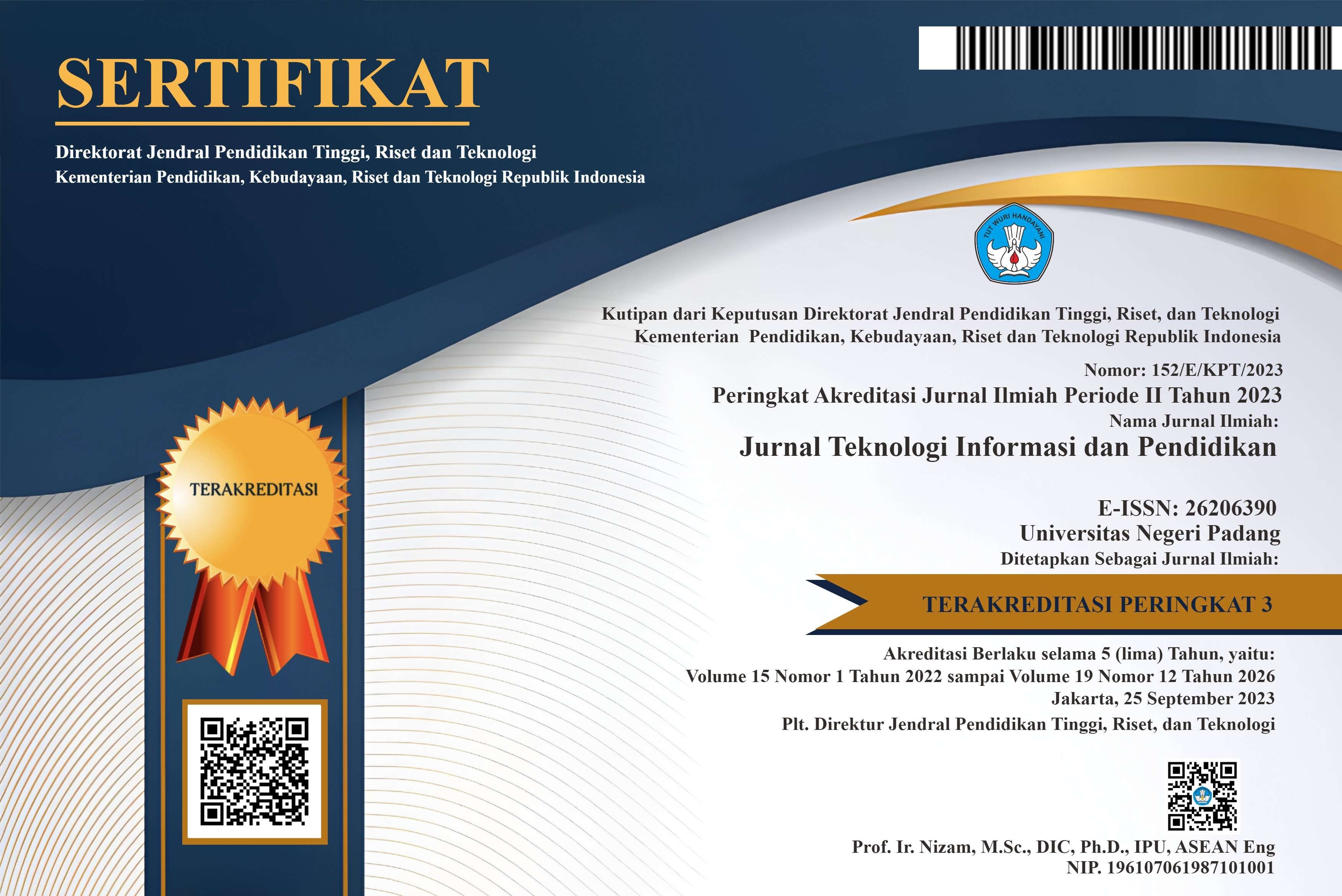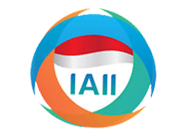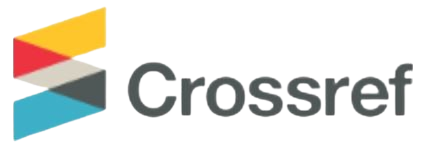Analysis of User Satisfaction Virtual Reality Tourism Kemenparekraf Using the End User Computing Satisfaction Method
DOI:
https://doi.org/10.24036/jtip.v16i1.697Keywords:
Virtual Reality Tourism, EUCS, Satisfaction, KemenparekrafAbstract
Virtual Reality (VR) has developed on the concept of tourism where people can enjoy virtual tourist destinations called VR Tourism. The tourism industry, one of which is Indonesia, is utilizing this technology development as a marketing strategy for tourist objects, one of which is VR Tourism Kemenparekraf. Previous research on how VR affects marketing has been carried out a lot, but this research will focus on user responses to VR Tourism services which are still little done. From this, by utilizing the End User Computing Satisfaction (EUCS) method, it is used to measure the satisfaction of VR Tourism Kemenparekraf users, as well as to see whether this method is still relevant to use. Respondents were determined as many as 75 people who had used VR Tourism Kemenparekraf at least once. The data was processed using SPSS software, where the research results found that all variables contained in the EUCS method had a positive effect on user satisfaction. Users are satisfied with VR Tourism Kemenparekraf. The EUCS method is still relevant for use in testing user satisfaction in VR Tourism Ministry of Tourism and Creative Economy.
References
[2] R. Permana, R. Dedy, A. Budiman, D. Ramadhani, and A. A. Putra, “Website Development for Alumni of Education Information Technology and Computer,” vol. 15, no. 1, 2022.
[3] C. Anthes, M. Wiedemann, and D. Kranzlmüller, “State of the Art of Virtual Reality Technology,” 2016.
[4] B. Sihite, B. Sihite, F. Samopa, and N. A. Sani, “Pembuatan Aplikasi 3D Viewer Mobile dengan Menggunakan Teknologi Virtual Reality (Studi Kasus: Perobekan Bendera Belanda di Hotel Majapahit),” J. Tek. ITS, vol. 2, no. 2, pp. A397–A400, Aug. 2013, doi: 10.12962/j23373539.v2i2.4662.
[5] S. Baker et al., “Interrogating Social Virtual Reality as a Communication Medium for Older Adults,” vol. 3, no. November, 2019.
[6] D. Guttentag, “Virtual reality : Applications and implications for tourism,” no. December, 2017, doi: 10.1016/j.tourman.2009.07.003.
[7] A. Sobarna and K. Kunci, “Pengaruh Wisata Virtual Reality ( VR ) terhadap Niat Berperilaku Wisatawan,” Pros. 12th Ind. Res. Work. Natl. Semin. Bandung, pp. 4–5, 2021.
[8] A. Silalahi, “PERUBAHAN POLA HIDUP PADA SITUASI COVID-19,” no. May, 2020, doi: 10.13140/RG.2.2.10961.76646.
[9] S. Hartini, C. Anglelyn, and S. Sukaris, “Virtual reality: aplikasi teknologi untuk peningkatan kunjungan wisatawan,” J. Bus. Bank., vol. 9, no. 2, p. 215, 2020, doi: 10.14414/jbb.v9i2.2014.
[10] J. Beck, M. Rainoldi, and R. Egger, “Virtual reality in tourism: a state-of-the-art review,” Tour. Rev., vol. 74, no. 3, pp. 586–612, 2019, doi: 10.1108/TR-03-2017-0049.
[11] N. A. Yusrin and N. Sugianto, “Analisis Hubungan Enjoyment, Entertainment, Education, Flow Dan Design Background Dalam Virtual Tourism Selama Covid-19,” Ultim. Manag. J. Ilmu Manaj., vol. 13, no. 1, pp. 99–102, 2021, doi: 10.31937/manajemen.v13i1.1987.
[12] J. Lazar, J. H. Feng, and H. Hochheiser, Research Methods in Human-Computer Interaction. 2017. doi: 10.1016/b978-0-444-70536-5.50047-6.
[13] B. W. J. Doll and Torkzadeh, “The Measurement of End-User Computing Satisfaction,” vol. 12, no. 2, pp. 259–274, 1998.
[14] D. A. Indarto, “Analisis Kepuasan Pengguna Akhir Aplikasi Grab Di Wilayah Kabupaten Jember Menggunakan Metode End User Computing Satisfaction (Eucs),” Univ. Jember, vol. 5, p. 67, 2019.
[15] R. Diansyah, S. P. Pranoto, and Syahril, “Analisis Pengaruh Kualitas Marketplace Tokopedia Terhadap Kepuasan Pengguna Menggunakan Metode End User Computing Satisfaction (EUCS) (Studi Kasus: Pengguna Tokopedia Di Pekanbaru),” J. Softw. Eng. Inf. …, pp. 96–100, 2021, [Online]. Available: https://ejurnal.umri.ac.id/index.php/SEIS/article/view/3378%0Ahttps://ejurnal.umri.ac.id/index.php/SEIS/article/download/3378/1768
[16] D. K. Arif Saputra, “ANALISIS KEPUASAN PENGGUNA SISTEM INFORMASI E-CAMPUS DI IAIN BUKITTINGGI MENGGUNAKAN METODE EUCS Arif Saputra 1* , Denny Kurniadi 2 1,” vol. 7, no. 3, 2019.
[17] Y. Sutanto, “Analisis kepuasan pengguna website manajemen informatika dengan metode eucs berbasis cms,” vol. 2, no. 1, pp. 1–18, 2015.
[18] Kemenparekraf, “Bukan cuma tren, tur virtual adalah kebutuhan - PEDULI COVID19 | KEMENPAREKRAF / BAPAREKRAF RI.” https://pedulicovid19.kemenparekraf.go.id/bukan-cuma-tren-tur-virtual-adalah-kebutuhan/ (accessed Sep. 15, 2022).
[19] B. Bungin, “Metodologi Penelitian Kuantitatif: Edisi Kedua,” 2017. https://books.google.co.id/books?id=rBVNDwAAQBAJ&printsec=frontcover&hl=id#v=onepage&q&f=false (accessed Sep. 28, 2022).
[20] A. Zatori, M. K. Smith, and L. Puczko, “Experience-involvement , memorability and authenticity : The service provider ’ s effect on tourist experience,” Tour. Manag., vol. 67, pp. 111–126, 2018, doi: 10.1016/j.tourman.2017.12.013.
[21] Sugiyono, Statistika Untuk Penelitian. Bandung: Alfabeta, 2010.
[22] Suharsimi Arikunto, Prosedur Penelitian Suatu Pendekatan Praktik. Jakarta: Rineka Cipta, 2010.
[23] Sugiyono, Metodologi Penelitian Bisnis. Bandung: ALFABETA, 2014.
[24] H. Ahyar, D. J. Sukmana, and H. Andriani, Buku Metode Penelitian Kualitatif & Kuantitatif. 2020.
[25] J. A. H. Hardani. Ustiawaty, “Buku Metode Penelitian Kualitatif dan Kuantitatif,” no. April, p. 63, 2017.
[26] S. Siregar, Metode Penelitian Kuantitatif Dilengkapi dengan Perbandingan Perhitungan Manual & SPSS. 2013.
[27] Sudaryono, “Metode Penelitian Pendidikan,” 2016. https://www.google.co.id/books/edition/Metode_Penelitian_Pendidikan/uTbMDwAAQBAJ?hl=id&gbpv=1&dq=metode+penelitian+sugioo&printsec=frontcover (accessed Sep. 28, 2022).















.png)














